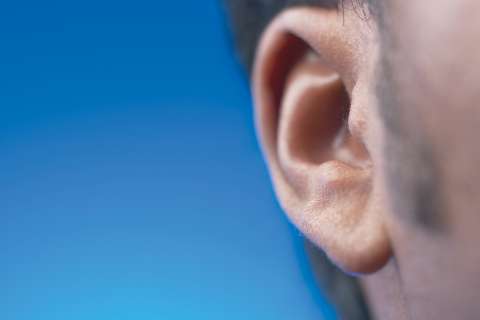Hello dear readers, and welcome to our monthly letters column. The pandemic, the vaccines and the delta variant have generated so much mail they’re getting letters columns of their own. Today, we’re going to focus on questions unrelated to the novel coronavirus.
-- A recent column discussed the symptoms of stroke, including numbness, loss of movement, and aphasia, which is a disruption in the ability to speak, read, write or comprehend speech. A reader from Oklahoma wrote to say she experiences some of those, but for a different reason.
“I have had these same symptoms since my 20s, including numbness in my arm, twisted words and loss of vision. In most cases it passes in 20 to 30 minutes,” she wrote. “I thought I was having (mini-strokes) until I was diagnosed with ocular migraines.”
The interruption to speech that you’re experiencing as a result of migraine is known as transient aphasia. As you have learned, it can occur as part of the cluster of symptoms that precede a migraine, which are known as an aura. Transient aphasia is somewhat rare. Its onset matches that of stroke, so it can be alarming. And since aphasia is a common symptom of stroke, anyone with those symptoms should seek immediate medical care.
-- When discussing essential vitamins, minerals and other essential nutrients, we always recommend that they be obtained from natural sources whenever possible. This prompted a question from a reader in Ohio.
“Some cereals say they contain thiamine, plus many other vitamins,” they wrote. “Are these the same vitamins that I would be taking in a multivitamin? Are these considered a supplement, or am I getting them naturally if they’re added to a food product?”
First, the vitamins and minerals that are added to certain foods (vitamin D to milk, calcium to orange juice, B vitamins to cereals) and those that are found in tablet form are chemically the same. It’s just the delivery medium that is different. That means when you’re getting your recommended amount of thiamine from cereal, you’re getting it as a supplement. You can get thiamine from food sources such as whole grains, legumes and some meats and fish. But because it’s an important nutrient, fortified foods contain it as a backup plan.

-- We continue to get mail regarding a column about a potential blood donor turned away due to anemia.
“I’m surprised you didn't mention the role of antacids in anemia,” a reader from Minnesota said. “Antacids are the primary reason I fail my hematocrit screening to donate blood.”
It’s true that gastric acidity promotes the intestinal absorption of iron. Additionally, calcium carbonate and other ingredients found in some antacids can inhibit iron absorption. You’re correct that there is some evidence that the use of antacids can have an effect on iron levels, and we’re happy to be able to add this information to our discussion.
However, the use of antacids is not believed to be a primary cause of iron deficiency anemia. Anemia has proven to be a popular topic, and we’ll be addressing it in a column soon.
(Send your questions to [email protected], or write: Ask the Doctors, c/o UCLA Health Sciences Media Relations, 10960 Wilshire Blvd., Suite 1955, Los Angeles, CA 90025. Owing to the volume of mail, personal replies cannot be provided.)





